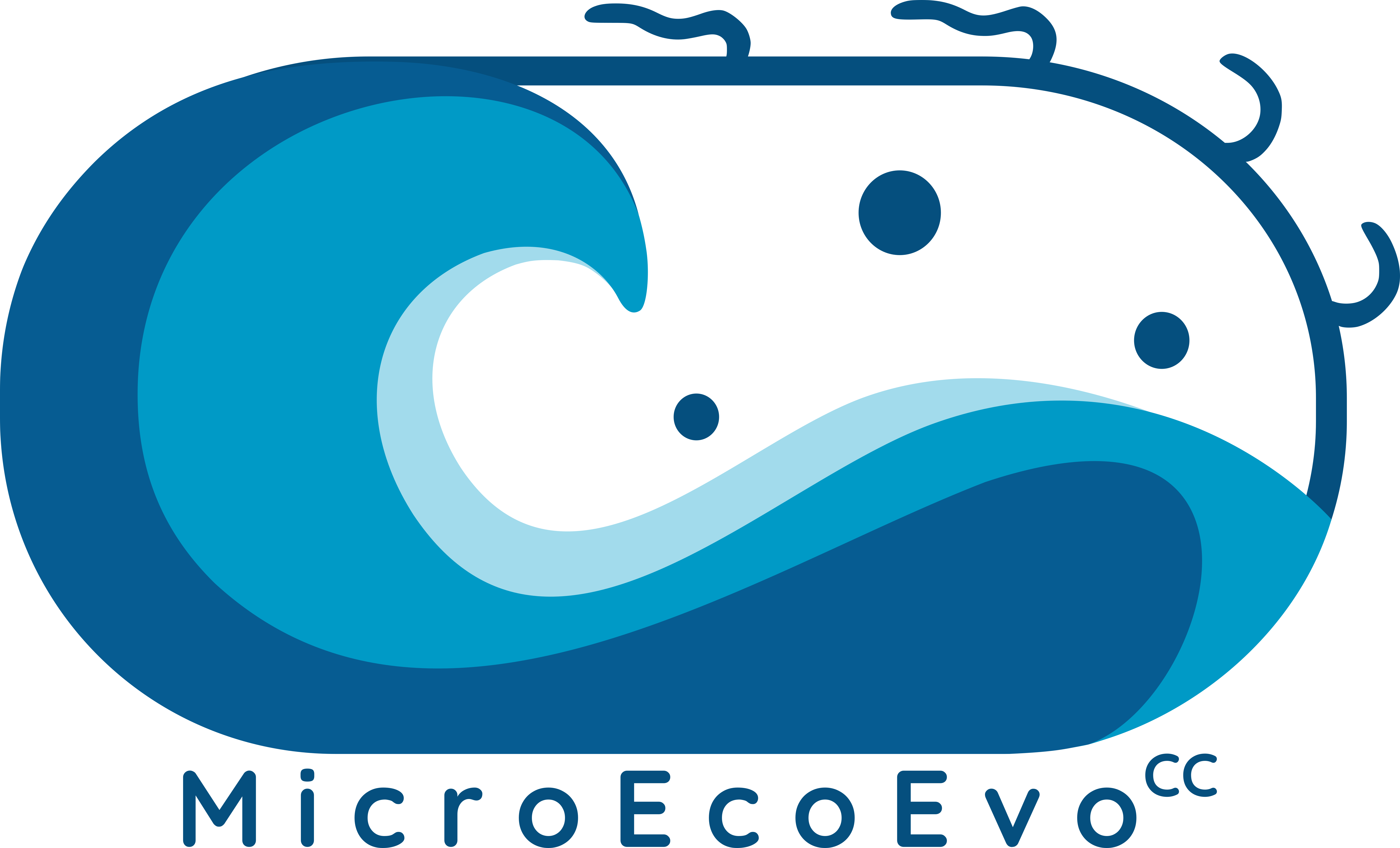Your cart is currently empty!
Team
Get to know our dedicated team
Catalog
Discover our Culture Collection
News/Articles
Browse our insights and updates
Diversity
The collection comprises strains of marine, heterotrophic bacteria isolated from various host organisms such as marine sponges, octocorals, macroalgae, and fish. It features diverse bacterial symbionts mostly classified into four phyla (Pseudomonadota, Bacteroidota, Actinomycetota and Bacillota) belonging to more than 60 genera. Pseudovibrio, Ruegeria,
Roseibium, Yoonia/Loktanella (class Alphaproteobacteria), Vibrio, Microbulbifer (class Gammaproteobacteria) and Aquimarina (class Flavobacteriia) rank among the most frequent genera [1]. The novel species Aquimarina aquimarini, Aquimarina spinulae [2] and Endozoicomonas lisbonensis [3] underscore the taxonomic uniqueness of this collection
Biotechnology
MicroEcoEvoCC is a repository of marine bacterial symbionts of high biotechnological value. It features octocoral and sponge-associated bacteria encoding putative novel natural products [1,4] with antibacterial, antifungal and antitumoral properties [1,5,6], bioluminescent symbionts of fish and octocorals, polyhydroxyalkanoate (“bioplastics”)-producing bacteria [7], and growth-promoting, auxin and vitamin B12-producing symbionts of macroalgae among our main study models. Their future application as probiotics for reef and aquaculture health is a research priority of the MicroEcoEvo research team.


